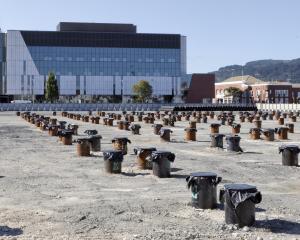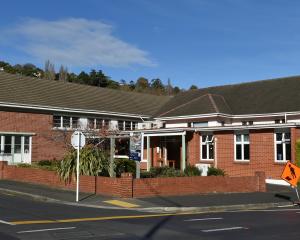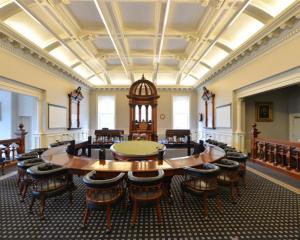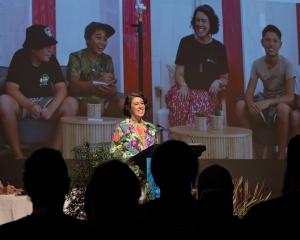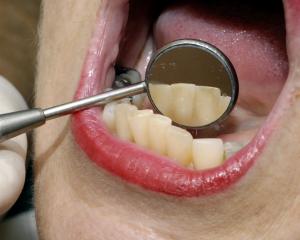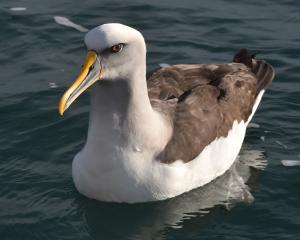Tangata tiaka o Te Runanga o Otakou Hoani Langsbury said paua and cockles were being harvested illegally in areas of the peninsula, especially at Harington Point and within the Taiaroa Head scientific reserve.
Some paua were undersized and bag limits for both paua and cockles were not being adhered to, he said.
"Because that's a [Department of Conservation] scientific reserve, you're not actually allowed to go within 10m of the reserve on the surface, which means that the paua in that area should be pretty well protected; except people do swim around to there, breaking those regulations, to harvest paua from that site,'' Mr Langsbury said.
"[We] go and talk to individuals about breaching the reserves Act by breaching that 10m rule.''
In one instance, people had been caught harvesting paua from Otago Harbour using scuba gear, which was illegal, Mr Langsbury said.
Those people were instructed by locals to put the haul back, which they did, but as a consequence the shellfish did not survive, and there was no evidence of the offence having occurred.
People were also taking too many cockles.
"There are continually people that take fish bins down to the beach and fill them up. Often, they are using forks or spades. My estimate is that they would hold about 500.''
The daily limit was 150 per person, Mr Langsbury said.
The Otago Peninsula Trust was also aware of some potentially illegal harvesting.
"It's of concern, especially on the peninsula,'' marketing manager Sophie Barker said.
"It's a huge concern for us because of the wildlife that we're all trying to look after.''
Ministry for Primary Industries Otago compliance manager Murray Pridham said he had had reports from peninsula residents of possible offences occurring but had not found anyone breaking the law yet.
People who witnessed possible illegal harvesting of shellfish should "call the [poaching] number (08004POACHER).
"Ideally, if they can provide descriptions, locations and vehicle descriptions, it would be much appreciated,'' he said.


